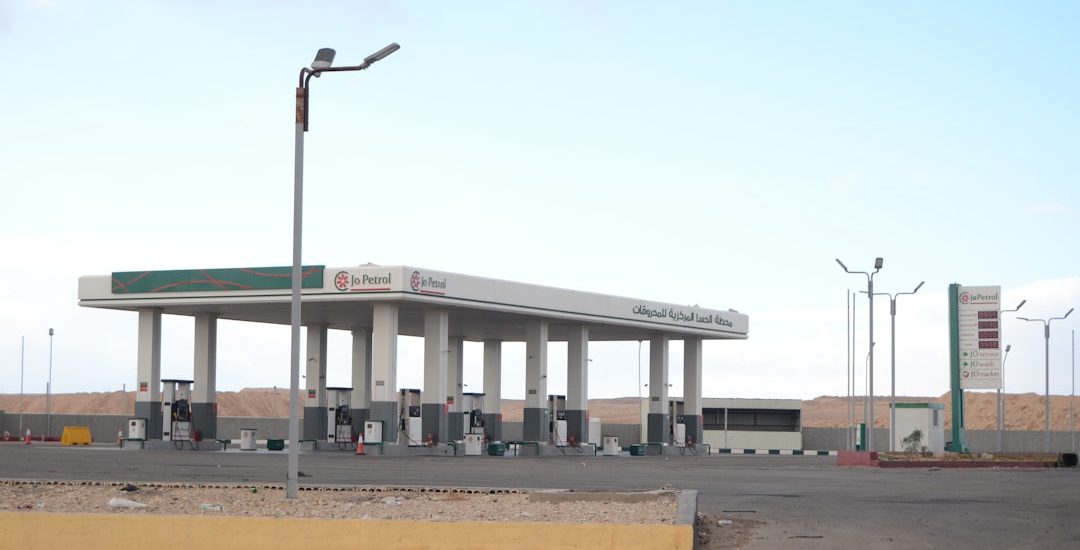Petroleum Investment Opportunities Navigate Complex Regulatory Changes
- June 9, 2025
- Posted by: Haji Osman
- Categories: Business News, Industry Focus, International, Investment & Trade, Legal Insights

We have closely monitored the accelerating developments in Somalia’s petroleum sector throughout 2025, and recent months have brought significant changes that require careful legal analysis. The sector is experiencing unprecedented activity with new international agreements, regulatory frameworks, and potential resource discoveries that will reshape the business landscape for years to come.
The most substantial development involves the Turkey-Somalia exploration agreement signed in April 2025, which grants Turkish Petroleum exclusive rights to explore six blocks covering over 31,000 square kilometers of land and offshore territory. According to government officials, the Turkish seismic research vessel Oruç Reis has completed 78% of its 3D surveys as of June 2025. Recent reports suggest potentially massive crude oil reserves of 20 billion barrels, though we advise caution as these figures await official confirmation.
This agreement builds upon an earlier March 2024 hydrocarbon deal, the full terms of which were only recently disclosed. We have reviewed the available documentation and note concerning aspects regarding revenue sharing and legal restrictions that may impact Somalia’s long-term economic interests.
New Regulatory Requirements Businesses Must Navigate
The regulatory landscape has shifted dramatically with new compliance requirements taking effect June 21, 2025. All petroleum product imports must now meet specific quality standards established by the government. This represents the most comprehensive standardization effort we have witnessed in Somalia’s petroleum sector.
Additionally, the Ministry of Petroleum and Mineral Resources has published new operational regulations for 2025, including updated standards for Production Sharing Agreements. We recommend that businesses operating in this sector conduct immediate compliance reviews, as these regulations establish binding requirements that could affect existing operations and future investments.
From our analysis of the new framework, we identify several areas requiring immediate attention. Import documentation procedures have become more stringent, quality certification requirements now mandate third-party verification, and operational permits require additional regulatory approvals. Companies must also navigate new reporting obligations that could significantly impact operational costs.
Investment Risks and Strategic Considerations
While the potential for substantial petroleum discoveries creates exciting opportunities, we counsel measured approaches to investment decisions. The exploration and extraction process requires enormous capital investments in infrastructure and expertise, particularly given Somalia’s current developmental stage. Political stability and security concerns remain significant factors that could delay production revenues for decades, according to industry experts.
We have particular concerns about the revenue mobilization implications of recent agreements. Analysis by development economists suggests that certain clauses in the Turkey-Somalia deal may not adequately serve Somalia’s long-term interests, particularly regarding revenue exemptions and restrictive legal provisions. These factors could undermine the country’s economic recovery efforts.
For businesses considering petroleum sector investments, we recommend comprehensive due diligence that includes political risk assessment, regulatory compliance planning, and careful contract structuring. The sector offers substantial potential, but success requires understanding both the opportunities and the complex challenges inherent in post-conflict resource development.
Building on our recent analysis of Somalia’s evolving legal frameworks, these petroleum sector developments represent another significant step in the country’s economic transformation. We continue monitoring these changes closely to provide our clients with timely guidance on navigating this dynamic environment. Businesses should prepare for continued regulatory evolution and ensure their operations remain compliant with emerging standards while positioning themselves for the sector’s long-term growth potential.

